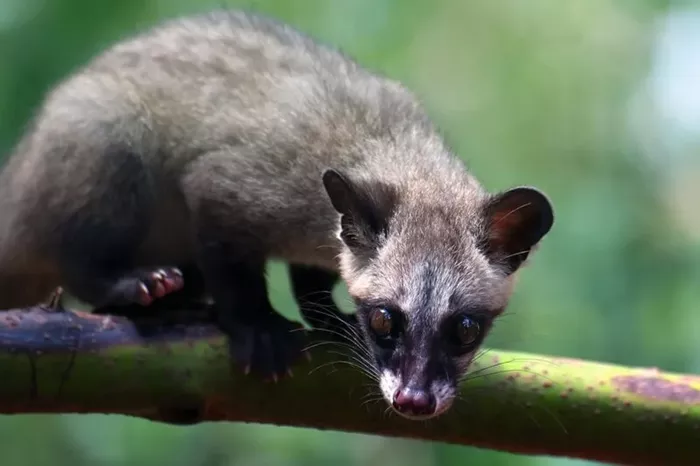A Vietnamese bride received an extraordinary wedding gift: 100 civet cats valued at around $70,000 (approximately Rs 60 lakh). These animals are prized for their role in producing Kopi Luwak, one of the world’s most expensive coffees.
Along with the civet cats, the dowry included 25 gold bars, $20,000 in cash, company shares worth 300 million Vietnamese dong, and several high-value properties. The 22-year-old bride, from southwestern Vietnam, was given these lavish gifts when she married last May, according to the South China Morning Post.
In return, the groom’s family offered a bride price consisting of 10 taels of gold, 200 million dong in cash, and diamond jewelry. In many Asian cultures, dowries and bride prices are important traditions symbolizing family wealth and parental support for the bride’s new life.
The bride’s father, Hong Chi Tam, explained that all his children are university graduates who now manage the family business. He gifted his daughter assets that can generate income, allowing her to choose whether to raise the civet cats or sell them. He promised to support her decision.
“My daughter is a business school graduate. She is fully capable of managing these assets. No matter the method, it ensures her financial independence,” said Mr. Chi Tam.
In Vietnam, civet cats are highly valued. A female civet that has given birth can be worth about $700, while a pregnant one may fetch up to $1,050. Their value comes from their unique role in producing Kopi Luwak coffee.
The coffee beans are harvested after civets eat ripe coffee cherries. The beans pass through the animal’s digestive system, then are collected, cleaned, processed, and roasted. Additionally, civet meat is considered a luxury food in Vietnam and China, and the animals are used in traditional Chinese medicine, adding to their worth.
However, the trade of civet cats often involves cruelty. According to World Animal Protection International, wild civets are trapped using harmful methods like box traps and snares. They are then sold to farms where they live in small cages with poor conditions, inadequate food, and high stress.


